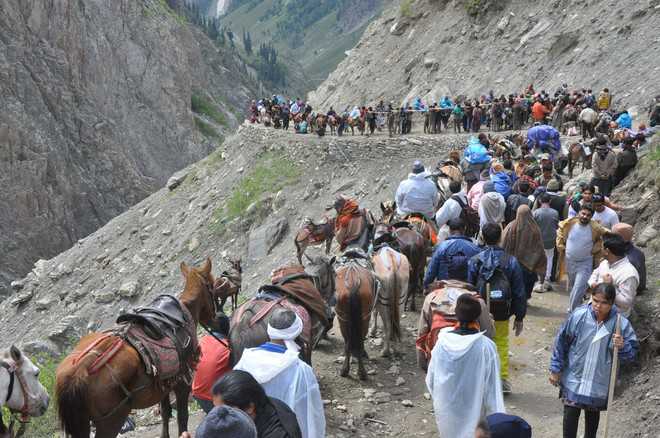
Kashmir is not only renowned for its captivating natural beauty but also for its steadfast preservation of rich cultural traditions. One such tradition of profound significance is the practice of courtship, a meticulous quest for the ideal life partner before embarking on the journey of matrimony.
Within this intricate process, family members partake in the critical endeavor of evaluating prospective matches. Every individual’s preferences diverge when it comes to the attributes they seek in a partner, encompassing physical appearance, stature, intellect, and health. In contemporary times, employment status has also emerged as a pivotal criterion. For a woman, the preparation for this intricate experience can be an arduous undertaking.
These pivotal meetings are orchestrated under the careful guidance of a matchmakerlocally known as a “Manzimyoor,” who typically carries visual representations in the form of photographs of both individuals in pursuit of an ideal match. Following a comprehensive assessment of the girl and her family, the boy’s relatives embark on inquiries within the local community. In instances where the girl does not meet the stipulated criteria set by the boy’s family, the graceful phrase “Asiaaynibarabardi” is employed to convey this decision.
It is imperative to underscore that this selection process is not one-sided; boys, too, undergo thorough scrutiny.
Parameters such as government employment, substantial ancestral property, and the prevailing family structure, often favoring nuclear families, play a decisive role in the assessment of the boy’s suitability. In such cases, the girl’s family, usually represented by her father, conducts thorough investigations into the boy’s background within his community and among neighboring shopkeepers. Frequently, well-intentioned neighbors may extol the virtues of the boy as an impeccable match for their daughter, even if such endorsements may not always be entirely justified. This practice, while well-intentioned, is not always defensible. The boy may receive commendations, notwithstanding potential concerns like smoking, substance abuse, or aimless wanderings, which can subsequently impact their married life.
This practice is rooted in the Kashmiri belief that marriage will facilitate personal maturity and a sense of responsibility, bestowing the individual with the weight of obligations. As the adage goes, “Khandri POTUS sudriyelizimdaripenas.”
However, in many instances, even highly educated individuals bearing impressive qualifications such as PhD degrees face rejection solely on the grounds of lacking government employment. This not only leads to delayed marriages but also engenders various societal challenges. The prioritization of government employment is a practice that poses obstacles not only to the societal fabric but also contributes to the aforementioned issues.
Nevertheless, a substantial portion of the populace opts to remain ensconced within their comfort zones, thereby subjecting innocent boys and girls to unwarranted distress. What was originally intended as a mechanism to facilitate the discerning selection of a life partner for marriage has inadvertently given rise to a slew of avoidable social issues. Late marriages, superfluous rites and rituals, all of which contribute to the societal decay, have become inadvertent byproducts of this once-prudent courtship tradition.
It’s onus on us to become the best version of us before diving into marriage, which figuratively translates to responsibilities, accountability and maturity.
The writer is pursuing Master’s degree in History from University of Kashmir.




